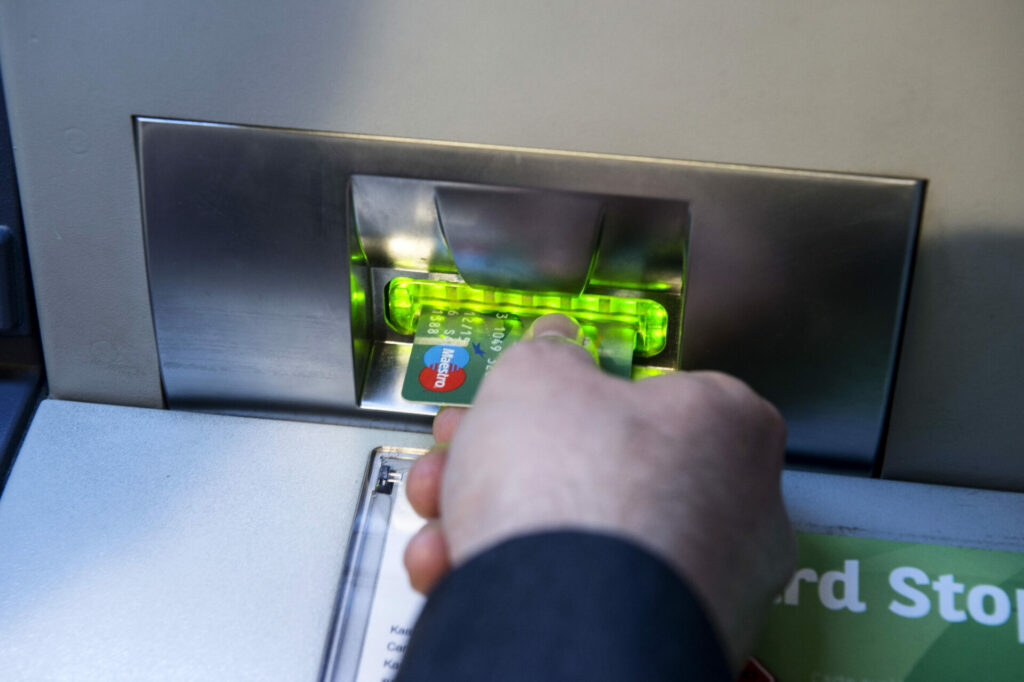Key players in the financial world have expressed support for dropping the savings account fidelity premium, which has long been criticised as misleading for savers who only get the advertised interest rate if their money is left untouched for a long period.
The total savings rates that are advertised by banks are divided into two components: a base rate, which is earned by savers on all of their savings throughout the year, and a fidelity or loyalty premium rate, which savers only earn on funds left in their account for at least one year. This system for savings rates has in recent months come under scrutiny amid the debate about savings rates remaining too low.
Many customers fail to grasp the importance of the fidelity premium rate, even though its existence means that many savers won't earn the advertised total rate on their savings. "Now, 3% interest rate at one bank is different than 3% at another because it depends on how much of that is made up by the fidelity premium and basic rate," Laura Clays of Test Achats told The Brussels Times. This makes it difficult to compare rates.
The Belgian Competition Authority (BMA) also argued that banks should move away from unclear base rates and loyalty premiums to solve the little competition at play between the four major banks.
The BMA and Economy Minister Pierre-Yves Dermagne (PS) therefore put forward an abolition of the loyalty premium on the savings account last year to make it easier for consumers to compare the savings products of different banks. The financial regulator (Financial Services and Markets Authority or FSMA) and the National Bank were asked to issue an opinion on the matter.
Irrelevant raison d'être
Until now, the banking sector had always argued that abolishing the premium would not be dangerous for banking stability, as the loyalty premium is only acquired after 12 months, meaning it ensures a stable funding base for banks.
"The argument was that people would use their savings account as an extra current account and that they would not leave their money for so long if there was no obligation to keep it there," Clays explained.

Credit: Belga
However, banks in many other countries do not work with this loyalty premium, and banking systems here have not become unstable. Meanwhile, savers in Belgium are often not aware of how long a certain amount of money has been on their accounts.
The financial regulator also argued that the "raison d'être" of the fidelity premiums is linked to market conditions that no longer exist today. It therefore confirmed that, in theory, it "no longer appears necessary to maintain the current fee structure of regulated savings accounts", and therefore "has no objection to any government initiative that would seek to introduce a single interest rate". Last week, the National Bank also said that scrapping the loyalty premium was a possibility.
Protecting customers
The FSMA did call for measures to maintain consumer protection and stressed that the introduction of a single interest rate (relying on just one component rather than two, as is the case now) should not result in savers receiving lower remuneration.
It also called for an "appropriate transition period" to allow savers to claim loyalty premiums they have accumulated until the introduction of a single interest rate, which should also allow credit institutions to manage interest rate risk optimally.
"This will really increase competition between banks, because there will be just one premium that is calculated in the same way by all banks, making it much easier for customers to compare whether one bank gives more than the other," Clays concluded.
Related News
- 10-second transactions: European banks obliged to make instant transfers free
- Banks and ATMs disappearing in Brussels, especially in poor neighbourhoods
In another bid to safeguard banking customers and ensure they get the best savings rate and to make competition play better, Dermagne also wants to ban banks from imposing linked bank accounts, such as requiring people to open a current account to get a savings account.
"I want a Belgian to be able to open a savings account tomorrow without the bank forcing him to take a current account or any other banking product," said Dermagne on Bel RTL.

